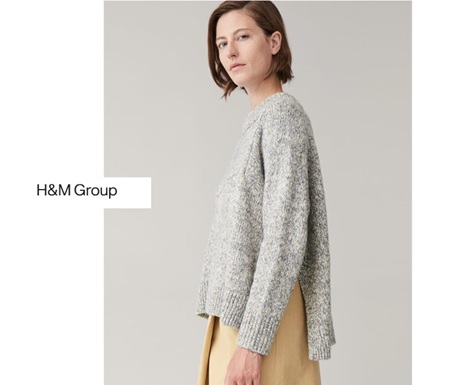H&M Introduces a Lease-Purchase Option for Clothes

FACTS
- The Swedish clothing-retail group H&M teams up with the Chinese rental and subscription company YCloset on testing a rental concept for clothes from their sub-brand COS.
- According to the Head of Circular and Sustainable Business Development H&M, rental and subscription services are promising concepts for their brand.
- H&M started looking into these services and launches a full-scale test phase in China to assess the relevance of a potential rental option for clothes.
- This tests phase is expected to last three months.
- Subscribers renting COS clothes will benefit from reduced prices if they consider keeping the clothes once the rental period over. Subscription prices haven’t been specified but H&M refers to a low-cost offer.
- Customer feedback will be studied as well as their model’s sustainability.
Rental will equate for 2% of the total retail landscape within less than 10 years.
Source: Thredup 2019 Report
CHALLENGES
- Valueing R&D. The initial idea stems from H&M’s innovation unit, The Laboratory.
- Customer satisfaction. In H&M’s opinion, this concept supports a major goal: making sure customers’ expectations are met through relying on values from the circular economy.
- Prolonging products’ lifespan. H&M bets on rental options to avoid that customers should get bored with their clothes. Their lease-purchase model still lets customers keep/purchase the items and ensure products’ durability.
- Making the most of an existing market. H&M opts for YCloset; this rental platform for fashion products stands out in China and claims more than 15 million users.
MARKET PERSPECTIVE
- H&M has been criticised for fuelling over-consumerism. Even if their business model relies on selling entry-level products, they try to make their business look more eco-conscious. They designed a brand called “Conscious”, paying more attention to environmental issues and enabling customers to return old clothes in-store so they can be recycled.
- Their focus on a rental concept is another step into an overall renewal strategy. Besides, they rely on a global trend which now impacts all markets: customers are interested in using products but not so much in buying/owning them.
